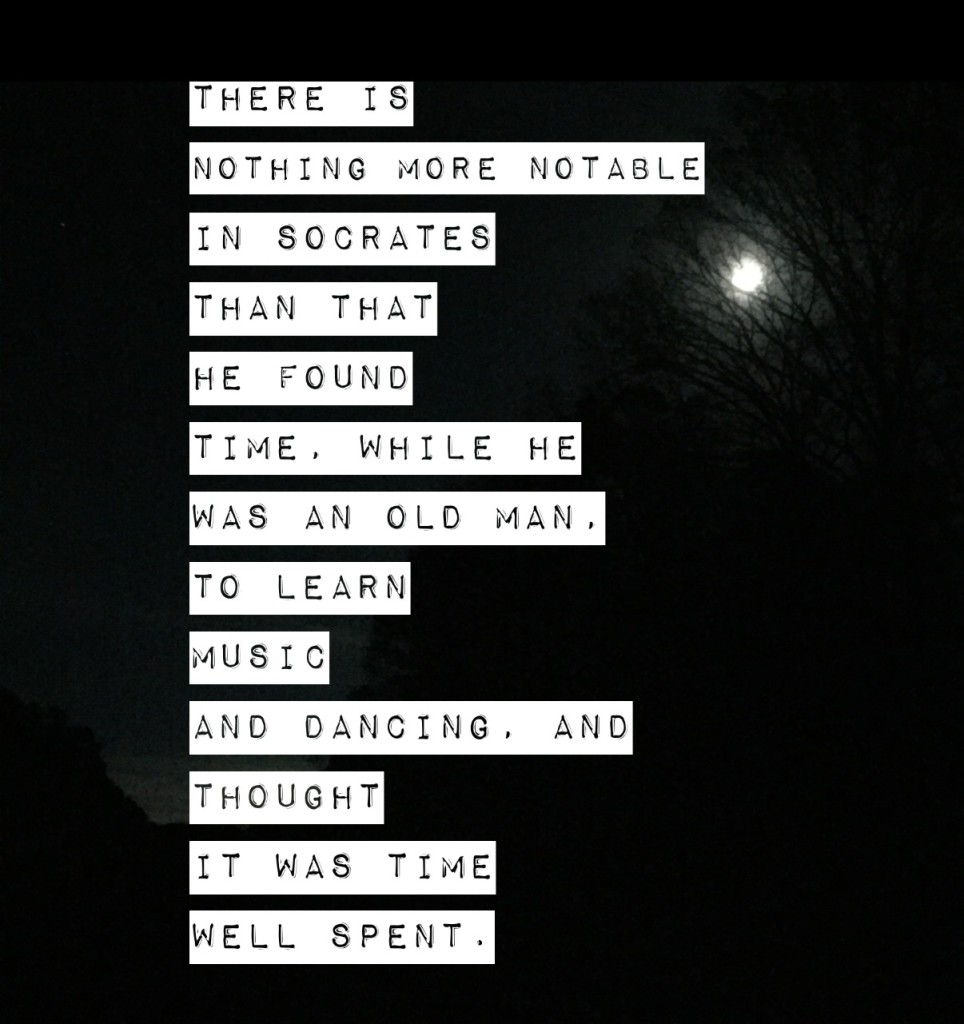Over the past week, I’ve read several recent studies on depression in retirement.
The findings are concerning.
It turns out that depression in retirement is a surprisingly common problem, with one study citing that retirement increases the probability of depression by about 40 per cent.
Another cites the highest increase in suicides is among men age 50 and over.
What are the causes of depression among retirees, and what can you do to increase the odds that your retirement will be a period of joy and not a period of depression?
What are the facts related to depression in retirement?
I read an article last week entitled “Men vulnerable to boredom, depression in retirement“ which summarizes several recent surveys on depression in retirement.
Intrigued (and, seeking fodder for my blog), I read the studies in detail.
The studies included this 2012 Study from UC Berkely and this 2013 study from The Institue of Economic Affairs.
I’ve also read a recent study from the Transamerica Center for Retirement Studies. Based on my readings, I’ve summarized the findings below:
- 60% of folks retire earlier than they had planned, while just 16% were financially ready to retire early.
- Adjustment to retirement appears to come in stages, with a 3-5 year “honeymoon period” of happiness followed by a steep reduction in well being as the reality of retirement settles in, followed by a stable, permanent phase.
- The decision to retire, and the outlook for post-retirement life, is an uncertain decision given that the one making it has not yet experienced retirement. Once made, the choice is, essentially, irreversible. This reality is cited as a potential cause of higher depression among those who later regret the decision, yet are unable to reverse course.
- For some, retirement enhances well-being via reduced stress, increased free time, and a milestone for a lifetime of achievement. (Personal note: this is my goal for how I’d like to perceive life post-retirement, how about you?)
- For others, retirement diminishes well-being by reducing social contact and removing a large part of one’s identify.
- In some studies, retirement has been shown to relate to lower physical health, expedited ageing, to be associated with mental health problems, severe stress and feelings of loneliness and obsolescence. These adverse effects increase as several years spent in retirement increases.
- In other studies, some have found the experience of retirement to be positive, particularly for those who retire voluntarily.
- The highest retirement satisfaction is in Denmark, Netherlands and Switzerland. Lowest is Italy, Greece and Poland. The USA falls on the higher end of average, but below the highest scoring countries.
The bottom line
Some folks have a difficult time adjusting to retirement and suffer a lower state of well being after retirement than during their working years.
Others, however, experience the opposite and find retirement to be a positive experience with increased well being.
Unfortunately, a higher percentage of people fall into the first camp.
The goal is to be intentional in your retirement planning years, with a focus on incorporating “non-financial” elements into your plan to maximize your odds of being in the group which enjoys retirement.
How to achieve a happy retirement
In her book “Ready To Retire?“, Lyndsay Green focuses on the psychological implications of retirement.
The book is based on interviews with folks from age 56 to 88 and focuses on the adjustment, revitalization and reinvention of retirement.
She finds that men most closely tied to their work identity tend to have the most difficult time making the retirement adjustment, and often have “deeply rooted fears” about leaving the working world.
Conversely, she learned that the “key to a happier retirement was having ‘multiple selves’, which means hobbies and other activities to keep them busy. Another key coping mechanism was to admit the workplace is going to move on without them.”
In an interesting dichotomy, men who are strongly connected to work seem to be most likely to struggle in retirement, while men who aren’t as connected to work do a better job of adjusting into a life of well being after retirement. This reality is summarized well in this quote from Dr Ken LeClair, co-chairman of the Canadian Coalition on Seniors Mental Health:
“The best thing that can happen to someone before they retire is that they hate their job at the end. Those that have loved it and are restructured out or pushed out have a harder time. If I had a recipe for good retirement it would be to have a bad job in the last three working years.”
In reality, we can’t always choose to hate our job at the end (nor should we?), and I find it a bit of a negative approach to your last working years.
Rather than chose to hate your job, I believe the transition can be enhanced by:
- A strong focus on achieving balance in your life BEFORE retirement.
- Intentionally accelerate your development of external interests in your last 3-5 years of work.
- Strive to find other areas in your life to develop, and “ramp these up” as you approach retirement.
- Develop alternative means to develop the socialization and self-esteem that work brings, and begin that development as part of your retirement planning.
- Begin populating a bucket list of items you’d like to do in retirement. Broaden it to include categories beyond travel. Stretch yourself.
This way of thinking is the mindset that I’ve adopted, and it is why I’ve started this blog.
It’s also why I just purchased a book on Ham Radio operation. It’s why I volunteer at charities.
I’m also considering joining an organization in our ultimate retirement location, which does voluntary maintenance on a major hiking trail in the area.
Conclusion
Find things that interest you, and begin building a base of hobbies and relationships.
I like this quote from French philosopher Michel del Montaigne about Socrates. It’s a proper and fitting way to close this article.
Learn from Socrates.
Learn To Dance.








